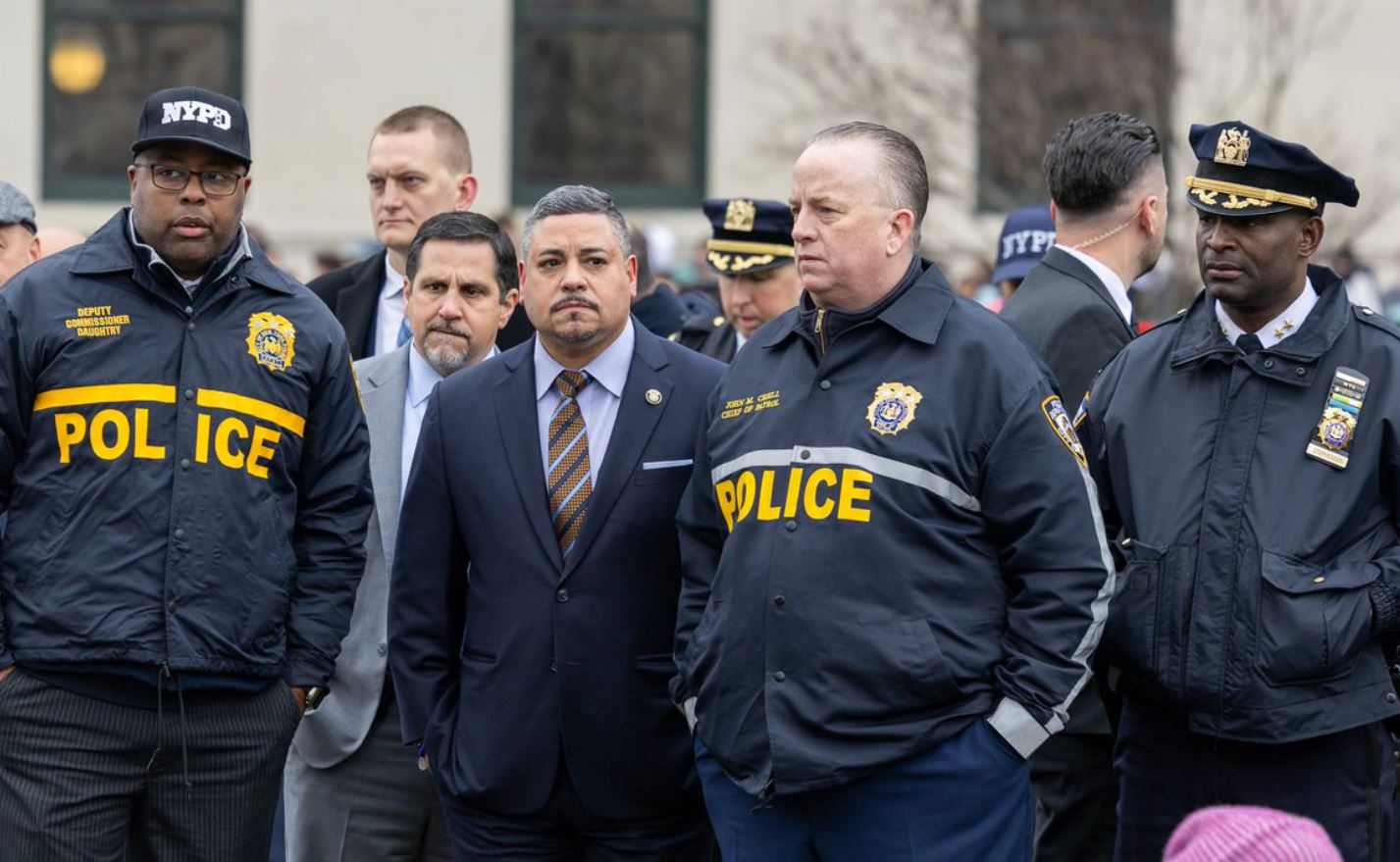What to Know
- NJ Transit says they received more than 5,000 applications for locomotive engineer candidates after they put out a call
- The agency hopes added engineers will restore the railroad to a full level of trained engineers — resolving a staffing shortage
- NJ Transit says the eventual hires will provide "predictable and reliable service"
In order to alleviate a staffing shortage plaguing NJ Transit, the transportation agency issued a call for locomotive engineer candidates, a move they said has been a success after thousands of applications were received in hopes of restoring the railroad to a full level of trained engineers.
“We are thrilled by the interest of these applicants in working with NJ Transit as we restore our railroad to its place as a national leader in public transportation. The results have surpassed our expectations,” said NJ Transit Executive Director Kevin Corbett. “So far, the quality and talent of the applicant pool is very high, and we are excited to begin interviewing and training the first of these applicants to join our team of professionals.”
According to NJ Transit, more than 5,000 applications for training and employment have been received by candidates interested in becoming locomotive engineers. The agency says that human resources professionals are currently reviewing the applications, and will reach out to potential trainees to initiate the interview process.
Applications will continue to be accepted through Friday Nov.9. Applications will be suspended after that date.
In the career portal of the NJ Transit website, the agency says locomotive engineers are “a vital part of a rail team responsible for almost 100 million customer trips per year.”
Starting salary for locomotive engineers, post training, is listed at $76,000, with the opportunities for overtime, NJ Transit note. Retirement, employer contribution 401a Plan plus tax-deferred benefit pension plan, medical, dental, vision and prescription coverage, as well as paid time off and life insurance are also listed as benefits.
Local
NJ Transit has come under increasing criticism in recent months after a spate of train cancelations, many at the last minute. The cancelations resulted from an engineer shortage as well as federally mandated safety work that requires taking locomotives and train cars out of service as NJ Transit scrambles to meet a Dec. 31 deadline.
Gov. Phil Murphy has made reforming NJ Transit one of the top goals of his first term, though he has often said the process will take years longer. A recent audit of the transportation company released in early October of this year, blamed a lack of consistent funding from the state for many of NJ Transit's problems, from equipment breakdowns to an inability to retain top talent.
Between 2010 and 2017, NJ Transit held 11 engineer training classes, with those engineers trained in 2009 being furloughed for budgetary reasons, which resulted in a loss of engineers during that period, leaving the agency roughly 15 percent below the full staffing level required to provide “predictable and reliable service,” the agency said.
To address this issue, NJ Transit says it has engaged in a number of recruiting initiatives and has increased the number of engineer training classes from one or two per year to four per year, which will run concurrently in order to obtain a full staffing level.
In the past, Murphy stressed that he inherited a transit system plagued with issues from the previous administration — saying that the system had been underfunded, did not meet necessary safety mandates and faced an engineer shortage, calling the work to install the required safety system a “Herculean effort.”
Murphy said the agency is faced with "too few degrees of freedom, a lousy history and a federal government we desperately need as partners."
NJ Transit has faced an onset of delays and derailments in the past. Murphy has previously called the current state of New Jersey Transit a "crisis" over its train cancellations.



